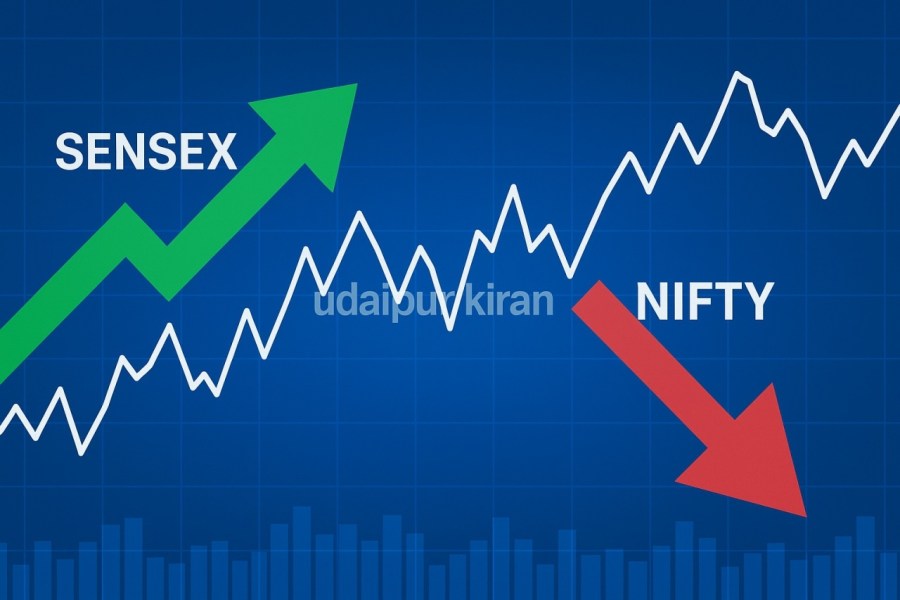Indian Stock Markets Open Strong on April 21; Sensex Crosses 79,000, Nifty Above 24,000
New Delhi, April 21 The Indian stock market kicked off the week on a bullish note as both the Sensex and Nifty witnessed strong upward momentum during early trade on Monday. The initial session began with gains, briefly saw profit-booking, but quickly regained strength as investors showed strong buying interest across sectors.

Sensex and Nifty Surge Past Key Milestones
As of 10:00 AM, the BSE Sensex surged by 612.75 points (0.78%) to reach 79,165.95, while the NSE Nifty rose 179.15 points (0.75%) to hit 24,030.80. This marked a strong continuation of last week’s rally where both indices had closed significantly higher.
Top Gainers and Losers
Among the top gainers in early trade:
-
Tech Mahindra: +3.64%
-
Axis Bank
-
State Bank of India (SBI)
-
Trent Ltd.
-
HDFC Bank
On the losing side, the following stocks saw marginal declines:
-
HDFC Life: -1.34%
-
ITC
-
Bharti Airtel
-
Maruti Suzuki
-
Hindustan Unilever
Market Breadth and Trading Volume
A total of 2,410 stocks were actively traded on the BSE by 10 AM:
-
1,688 stocks were in the green
-
722 stocks were in the red
On the Sensex, 20 out of 30 stocks were trading positively, while 10 stocks remained in the red. Similarly, on the Nifty 50, 30 stocks were advancing and 20 stocks were declining.
Opening Bell Highlights
-
Sensex opened at 78,903.09 (up 349.89 points)
-
Nifty opened at 23,949.15 (up 97.50 points)
-
Early profit-taking saw both indices dip briefly but the trend reversed due to aggressive buying.
-
Sensex dipped to an intraday low of 78,776.06 before recovering.
-
Nifty hit an early low of 23,903.65 before rebounding.
Previous Close Recap
On the last trading session (April 18, Thursday):
-
Sensex had surged 1,508.91 points (1.96%) to close at 78,553.20
-
Nifty ended 414.45 points (1.77%) higher at 23,851.65
Outlook
The strong start to the week suggests investor confidence remains high amid strong corporate earnings, favorable global cues, and robust domestic macroeconomic indicators. However, volatility may persist due to global geopolitical developments and commodity price fluctuations.






















